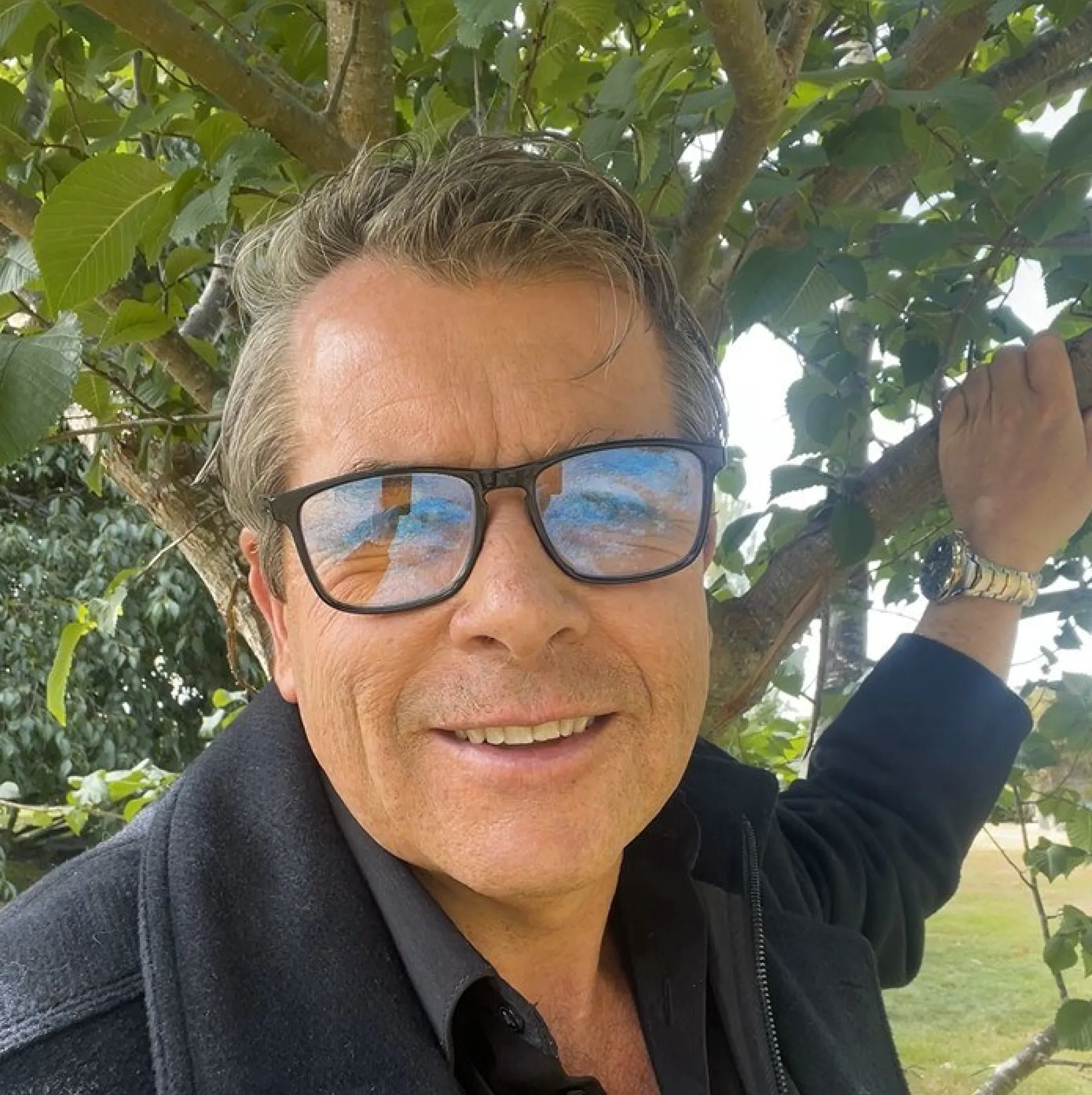
The Fourth Step Is Not Your Higher Power
Tonight at an AA meeting, we read a story from Came to Believe titled “The Fourth Step.” It wasn’t what you’d expect. It wasn’t a personal reflection on the step itself—it was a story about a man who rejected the idea of God and instead declared that Step Four was his higher power.
Let me start by saying: congratulations to this AA traveler for getting sober. That’s no small feat. But I wish AA would stop publishing stories that confuse the doctrine. Stories like this sow doubt in the minds of newcomers. They blur the lines between principle and personal preference. And for what? To tell the story of one man—probably the only person in the world—who uses six words on a page as his higher power.
Let’s be clear:
Step Four: Made a searching and fearless moral inventory of ourselves.
That’s not a higher power. That’s a tool. A mirror. A moment of internal reckoning.
But a higher power? That’s something greater than you. Something external. Something that holds you when you can’t hold yourself.
Surrender isn’t a soft “tick and flick” exercise. It’s a voltage spike. It’s where the spiritual current starts to flow—from a Source that isn’t you. That Source doesn’t have to be God, but it must be something greater than your ego, your addiction, and your orbit. For some, it’s a quiet Catholic God. For others, it’s the rhythm of AA, the vastness of nature, or the spacious silence of nothingness.
But it must be external.
It must be greater.
It must be something you surrender to—not something you invent.
Step Four is the opposite of surrender. It’s internal. It’s introspective. It’s self-assessment.
If you’re surrendering to your own inventory, you’re surrendering to yourself.
And that’s exactly what gets alcoholics and addicts in trouble in the first place.
They believe they can control their destiny.
They believe they can outthink the chaos.
And when life doesn’t pan out, the drink or drug sanitizes the fear, the failure, the blow to their self-will.
AA’s spine is built on three pillars:
• Powerlessness
• Inventory
• Surrender to a Higher Power
They are distinct. They are sequential. They are sacred.
They cannot and should not be conflated.
You are not surrendering to yourself.
You are surrendering to a power greater than yourself.
A power that can provide meaning, serendipity, and spiritual voltage to accept the things you cannot change.
AA must protect its doctrine.
Not because it’s rigid.
But because it’s clear.
And clarity is what saves lives.


About Jason Bresnehan
Jason is a fixer—of businesses, of broken momentum, and occasionally of entire spiritual frameworks gone sideways. He speaks fluent boardroom and AA, deploys Catholic doctrine with the subtlety of a scalpel, and isn’t afraid to lace his insights with both war-room metaphors and dad-sermon tenderness.
Founder of Evahan, a consultancy built on the idea that legacy and liquidity don’t need to fight, Jason draws on 30 years of commercial grit, tactical leadership, and emotional radar to help people rebuild what entropy took. He works with companies, communities, and recovery misfits alike—often using the same principles to sort both cap tables and chaotic lives.
Jason draws deep inspiration from historical figures who got results—especially those who led from the margins, built with scarce resources, and refused to be shackled by conventional wisdom. He’s known for assembling unorthodox teams of passionate experts to solve complex problems in chaotic environments. Whether in boardrooms, recovery communities, or legacy disputes, Jason’s approach is rooted in common purpose, tactical innovation, and the belief that clarity thrives when paradigms are challenged.
A strong advocate for freedom, limited government, and enterprise-driven progress, Jason also draws deeply from his personal recovery journey—an experience that reshaped his life and fuels his commitment to growth, contribution, and principled living. Through writing, speaking, and service, he continues to learn, share, and speak with purpose.
I can be engaged (on a remunerated or volunteer basis) to sit on Boards, Committees, Advisory and Reference Group Panels, and to speak to Business, Community, and Youth groups. I’m also open to providing comment to media on topics where I have relevant experience or insight. Please feel free to make contact.
